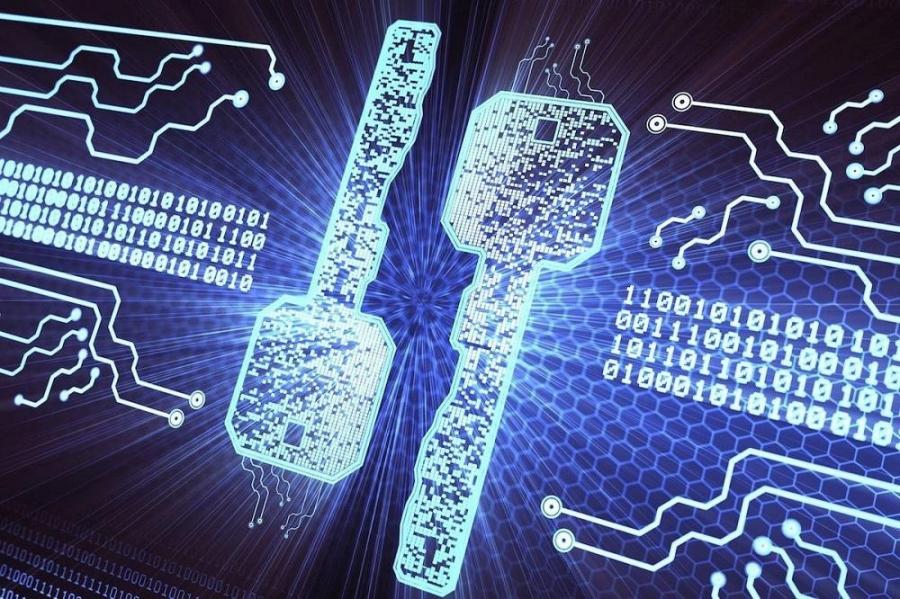Scientists from the Department "Cryptology and Cybersecurity" of MEPhI have proposed a method for using post-quantum cryptographic algorithms to protect group messaging in instant messengers. The results of the study were published in the Journal of Computer Virology and Hacking Techniques.

Today, the world is actively working on the creation of quantum computers. Sergey Zapechnikov, professor at the Institute of Intelligent Cybernetic Systems of MEPhI, said that in 20-30 years powerful quantum computers will pose a threat to modern cryptosystems: “The point is that a quantum computer will be able to solve the problem of factorization of integers in a short time and the discrete logarithm problem, on which the strength of modern cryptography is largely based. Solving these computationally complex problems today would take millions of years even with the most advanced supercomputers. Quantum computers will also be able to perform search algorithms much faster. Therefore, new methods of cryptographic information protection are being developed all over the world. They will remain stable even after the advent of quantum computers.”
According to the scientist, the principle of the new methods will be that the offender, when trying to crack a cryptographic algorithm, will face not just one computationally difficult task, as it is now, but the need to enumerate a huge number of the same type of computational tasks. And although it will be easy for an attacker with a quantum computer to solve each of them individually, the number of problems will be so large that even a quantum computer will be useless. With an appropriate choice of parameters, the number of tasks to be enumerated may even exceed the number of atoms in the Universe, and then it will be physically impossible to enumerate them.
Based on this, MEPhI scientists proposed a method for using post-quantum cryptographic algorithms to solve one of the important applied problems - the problem of group messaging in instant messengers.
“Messengers - personal means of instant messaging and file exchange - are very popular today. Almost every modern person uses them. It is assumed that in the future their role in information technology will only increase: for example, they will be used for the automatic exchange of information by devices of the "Internet of things", autonomous drones and other intelligent agents. Therefore, it is very important to provide cryptographic protocols for their protection right now,” Sergey Zapechnikov emphasized.
The researchers proposed a protocol for constantly updating cryptographic keys by a group of participants so that each new message could be encrypted with a new key.
“We were able to prove theorems that, even if an attacker learns any cryptographic key from this sequence, he will still not be able to calculate either past or future keys, and thus the damage from disclosing the keys will be minimal,” the scientist said.
However, according to him, the main problem of such protocols is that they are quite complex, require some time for calculations from each of the parties, and therefore noticeably slow down the exchange of messages. Therefore, in the future, the researchers plan to achieve higher protocol performance while maintaining their resistance to attacks by violators armed with quantum computers.





